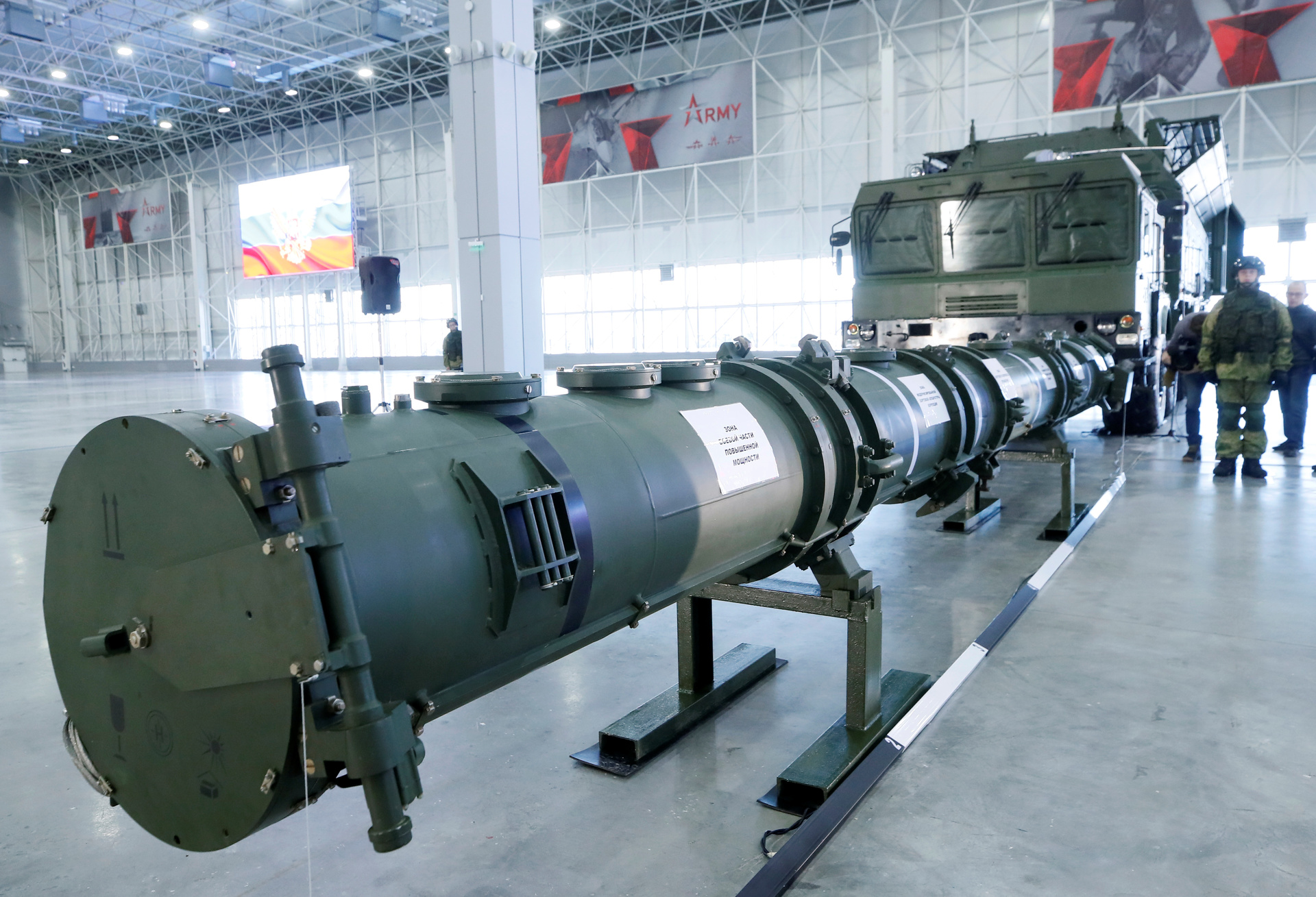The Russian Federation continues to believe that the INF Treaty was an important element of the architecture for ensuring international security and strategic stability.
The Treaty played a special role in maintaining predictability and restraint in the missile sphere in the European space.
We consider the US withdrawal from the INF Treaty, as a result of which it terminated, a serious mistake that increases the risks of unleashing a missile arms race, an increase in confrontational potential and a slide into uncontrolled escalation.
Given the unrelenting tensions along the Russia-NATO line, new threats to European security are evident.
In these conditions, active efforts are required to reduce the deficit of trust, strengthen regional and global stability, and reduce the risks arising from misunderstandings and disagreements in the field of missile weapons.
In this context, we reaffirm our adherence to the earlier announced by the Russian Federation a moratorium on the deployment of ground-based INF missiles until American-made missile weapons of similar classes appear in the respective regions.
We also believe that our call to NATO countries to consider the possibility of declaring a counter-moratorium has not lost its relevance.
In order to facilitate the search for compromise political and diplomatic solutions, we are ready to take further steps to minimize the negative consequences of the collapse of the INF Treaty on the basis of the principles of equal and indivisible security and balanced consideration of the interests of the parties.
Based on our earlier proposal to develop control tools to reinforce the Russian initiative on counter-moratoriums, we invite all interested parties to consider specific options for mutual verification measures to address existing concerns.
In particular, it could be about verification measures in relation to the Aegis Ashore complexes with Mk-41 launchers at US and NATO bases in Europe, as well as 9M729 missiles at the facilities of the Armed Forces of the Russian Federation in the Kaliningrad region.
The purpose of the verification measures would be to confirm the absence of ground-based INF Treaty on the objects covered by the agreements, as well as weapons, on the characteristics and classification of which the parties could not agree on (the Russian 9M729 missile).
Remaining committed to a consistent position on the full compliance of the 9M729 missile with the requirements of the previously existing INF Treaty, the Russian Federation, nevertheless, is ready, in good faith, to continue not to deploy 9M729 missiles on the European part of the country, but only on condition of reciprocal steps from the countries NATO, excluding the deployment in Europe of weapons previously prohibited under the INF Treaty.
Russian missile 9M729
Reuters
© Maxim Shemetov
We also call on all interested countries to search for schemes for maintaining stability and preventing missile crises "in a world without an INF Treaty" as applied to the Asia-Pacific region.
We are open to joint work in this direction.

